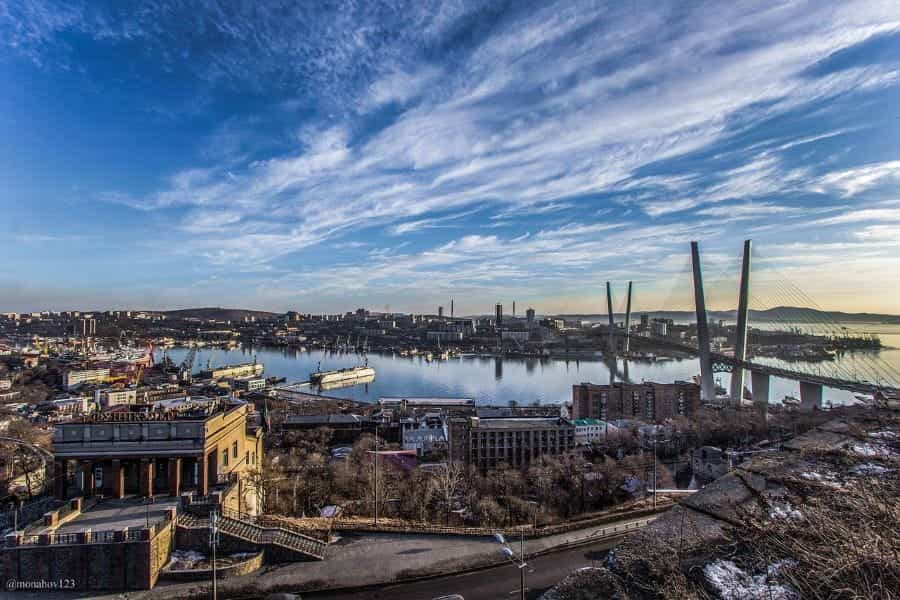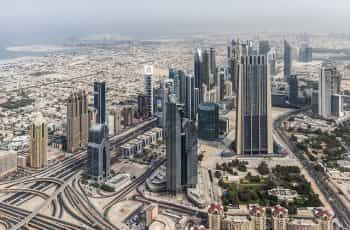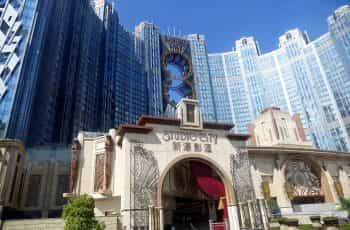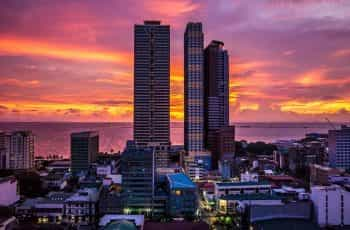Russia Considers New Single Regulator
The state legislature of the Russian Federation, the Duma, is set to vote on whether to establish a single new gambling regulator tasked with overseeing the entire Russian gambling market. With the bill already approved by a state committee, it is scheduled for a reading on the Duma floor by the year’s end.

Having been already approved by a state committee, a bill proposing to establish a new single gambling regulator overseeing all gambling in Russia is set to be debated by the country’s state legislature — the Duma. ©Evgen2907/Pixabay
New Regulator Tasked with Several Responsibilities
Provided that the bill is successfully passed through the Duma, the new gambling regulator will be tasked with several major responsibilities in relation to the Russian gambling market. It will attempt to improve the effectiveness of control and supervision in the gambling scene with the goal of increasing overall funds. These funds would subsequently be transferred to the Russian Federation’s Ministry of Culture and Sports.
A major part of the regulator’s responsibilities relating to control and supervision will be monitoring and identifying illegal online gambling activity. Additionally, the new body would also draft proposals concerning improving gambling legislation in the Russian Federation and will therefore collaborate with other regulators where applicable.
In terms of organization and leadership, the proposed regulatory body would be formed under the umbrella of the Ministry of Finance. A supervisory board consisting of one chairman and four other members would manage the body, with each individual being appointed to a three-year term by the country’s government. Leading the regulatory body’s efforts would be a general director, likewise appointed by the government for a term of five years.
Unified Regulator Would Replace Existing System
A new unified regulatory body currently being discussed in the Russian government would entirely replace the current online gambling system — of course only given that the proposed bill passes through the country’s Duma. Russia’s State Tax Service is the current general regulator for all gambling in the country, operating in an increasingly liberalizing gambling market that is nevertheless constrained by several characteristics.
As it stands, the current gambling landscape in Russia demands that all casino gambling only be conducted through five land-based casinos located in five designated zones, with no online casinos being permitted whatsoever. However, bookmaking can still be conducted outside of the aforementioned five territories. Online bookmakers may strictly operate only via the ‘Interactive Bet’ and TSUPIS systems.
As is the case in other countries such as Switzerland, foreign online gambling operators often find their domains blocked by Internet Service Providers (ISPs) within the Russian Federation. Finally, though the State Tax Service acts as the general regulator, a system of ‘self-regulating organizations’ (SROs) handling all bookkeeping regulations has been established.
Overhaul Reflects Increase in Newly Opened Land-Based Casinos
The Russian Federation’s continued attempts at overhauling its highly localized gambling market comes as an increasing number of new mega-casino complexes are being opened in the country’s Far East. These large scale developments are being seen as direct attempts to compete with Las Vegas and Macau in a bid for supremacy in casino gambling.
The Casino Shambhala, costing an estimated $45 million, was opened earlier in November in the region of Primorye Krai, one of only few regions in Russia where gambling has not been previously outlawed by President Vladimir Putin. The brand new Shambala complex follows the opening of the Tigre de Cristal mega casino complex in Vladivostok — likewise located in Russia’s Far East. Both developments tout major multi million dollar investments, with aspirations towards adding several hotels, amusement parks and golf courses in the regions surrounding both complexes.
Officials behind such major developments, in particular the Shambhala complex, hope the recently opened mega-casino will be able to cater to Russia’s increasingly broader tourist customer base, as opposed to just the country’s mega wealthy elite. Such is the logic behind offering vast hotel complexes and other recreational options as part of the mega-casino’s sprawling complexes.
Along with stronger infrastructure and more choices for travel connections, the network of new casinos which is being developed in the country’s Far East is being looked to as the answer to transforming the zone into an economic hub for tourism and commercialized ventures. The Far East is increasingly seen as the most appropriate location for such projects, due to cities such as Vladivostok’s direct proximity to the Asian peninsula.
However, the Shambhala complex, along with the Tigre de Cristal, are far from the only ventures seeking to make inroads in the rapidly developing region. Chinese-Malaysian businessman and billionaire Chen Lip Keong has revealed his intentions to develop a massive new integrated resort costing upwards of $300 million. Furthermore, local Russian officials have put into motion plans to expand casino offerings in the region, with ambitions to build 11 more complexes. What effect the coronavirus (Covid-19) pandemic and the ensuing lockdowns across Asia and much of Russia have had and will continue to have on the Shambhala complex and future endeavors, however, remains to be seen.



